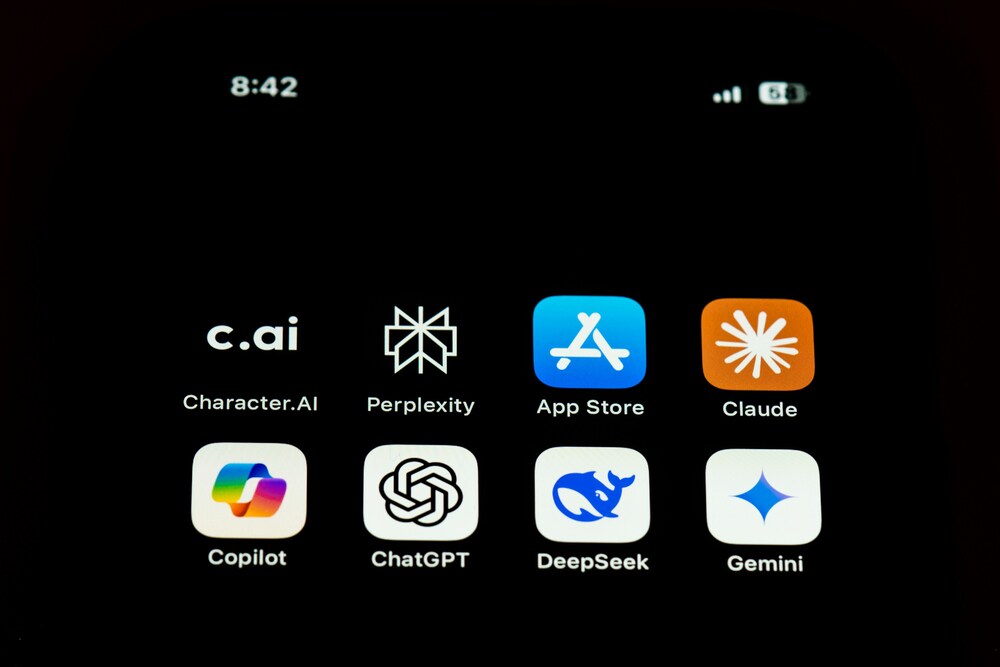AI shopping agents to transform e-commerce
The shift could reshape retailers’ strategies as fewer shoppers visit traditional websites

The growing use of AI chatbots is also changing how people search. Users are asking broader questions and receiving direct answers instead of typing keywords into Google and clicking blue links. According to analysts at Gartner, traditional search engine traffic will drop 25% by next year because of this shift. This means fewer clicks to websites and more interactions happening inside chatbots. News publishers are already losing traffic as AI-driven responses replace click-throughs.
As the way people search online shifts, shoppers are starting to rely on AI tools to find, compare, and purchase products. Agentic shopping is becoming a key focus for AI companies. According to the Financial Times, “AI companies are betting that shopping will be one of the biggest applications for AI “agents.” Google, OpenAI, Microsoft, and Perplexity are building features that turn chatbots into shopping assistants.
AI companies’ agentic shopping features
These AI companies have rolled out new tools that let users browse products, track prices, and complete purchases directly through chatbots. For example, Perplexity has added in-app shopping for U.S. users, allowing them to buy products without leaving its chat interface. Its “Buy with Pro” feature combines product research with one-click checkout and free shipping. Perplexity also recently launched Comet, a browser that completes tasks across apps.
The company also introduced “Snap to Shop,” a feature similar to Google Lens, where users can upload a photo of an item and have the system find it online. OpenAI has also added shopping into ChatGPT, turning conversations into a commerce channel with checkout features built in.
Google’s generative AI in Search tool, known as AI Mode, can now act as a personal shopping assistant. The company claims that AI Mode can analyze product queries, summarize the findings, and generate a curated shopping panel. Google’s AI is becoming more agentic. It can take actions on users’ behalf, including tracking prices for specific products, adding items to carts on retailers’ websites, auto-filling purchase details, and completing transactions using Google Pay.
How advertisers are paying attention and adapting
The Financial Times reports that advertisers are now working to ensure their products are picked up by AI agents and recommended in chatbot results. Traditional SEO practices still play a role, but marketers are also adjusting to AI-specific behaviors. For example, brands are now trying strategies such as lengthier keyword-rich URLs and earning mentions on sites that bots trust.
AI search behavior is also prompting advertisers to understand and optimize how they show up in AI tools. Start-ups such as Profound, Athena, and Bluefish are also helping brands track mentions in AI chatbot answers, although accuracy remains a concern.
Profound’s co-founder James Cadwallader told the Financial Times that consumer behavior is hitting an “inflection point” where AI agents, not people, become the main visitors to websites. He warned that “AI steals or hijacks that consumer from the brand, since users may never reach the original e-commerce site.”
According to the Financial Times, citing one expert, brands will also need to craft product descriptions to match natural, conversational queries as retailers see a rise in “semantic search.” Nikhil Lai, an analyst at Forrester, pointed out that technical details like website speed are becoming critical. If a brand’s site takes more than three seconds to load, it risks being deprioritized by bots. Clear product descriptions, fast-loading pages, and detailed metadata are becoming as important as traditional advertising.
Dimi Albers, CEO of Dept, told the Financial Times that brands must prepare for a world where sales will not always happen on their own websites or Amazon, but inside AI models. “The agents are talking to each other instead of people necessarily doing some of those transactions,” he said.
The challenge of consumer choice
At the same time, there are concerns about data and consumer choice. John Bruce, co-founder of Inrupt, told the Financial Times that AI agents could limit choice by selecting products for consumers instead of showing every option. He warned that shoppers may be trading utility for privacy and freedom.

